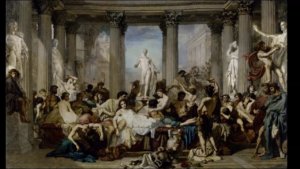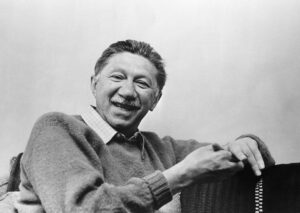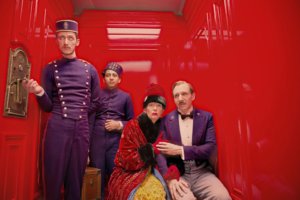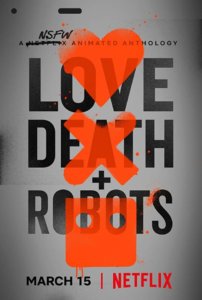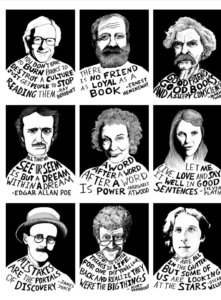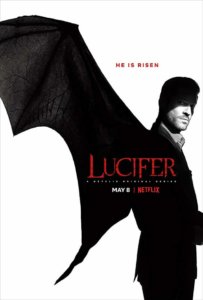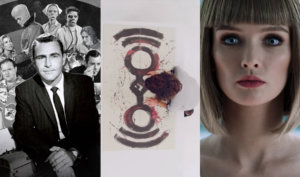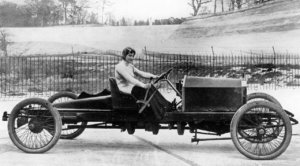Psychology books can sometimes help people more than they ever expected. Maybe some feelings and thoughts that you have hidden in your deepest and that you find it difficult to admit even to yourself, come to light thanks to the words you read. In order to overcome these emerging emotions, psychology books will be with you. We have compiled a list of the most popular psychology books that you will read in one breath. We wish you good reading 🙂
Top Rated Psychology Books
1) The Art of Loving – Erich Fromm
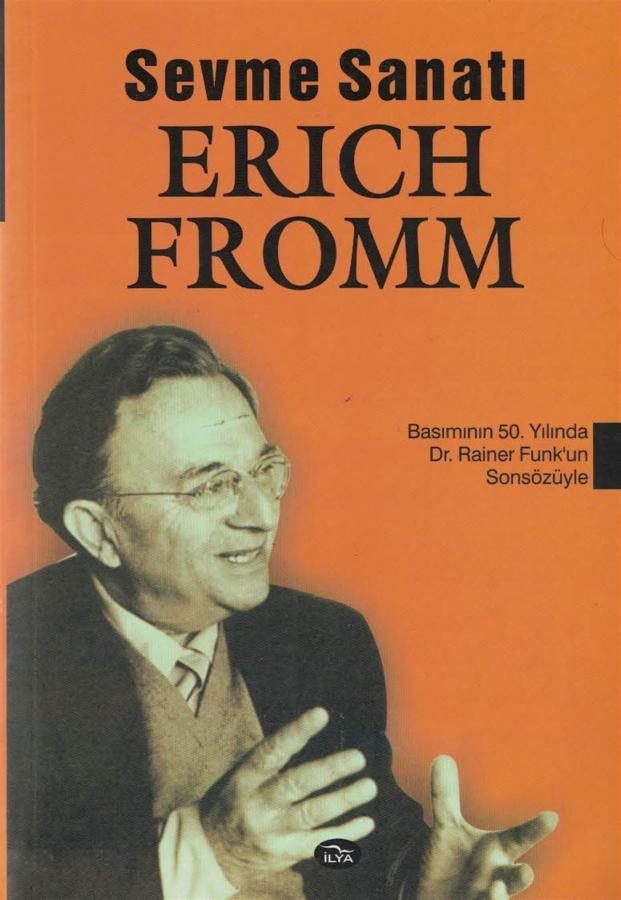
“If we see a woman who says she loves flowers forgets to water the flowers, we don’t believe her love of flowers. Love is our active concern for the growth and survival of what we love. Where this active interest is absent, there is no love.”
Do we really love the people, the things we love? The definition of love is different for everyone, but it’s the same at some point. What you love “I can never do without it!” do you like saying If you are hesitant in your answers to questions about love, you should take a look at this book.
Discipline, focus and patience are essentials of any art. The road to mastering the arts is not a straight road. It is quite a bumpy road. Of course, falling on this road is very normal. But what needs to be done is to get up and try again after falling. Loving and being loved is an art that is preserved together. However, this branch of art does not have a master like other branches of art. It does not have a master, nor does it have a written manual.
Individuals experience self-love and being loved. This book is not a book in which you are prescribed to love and be loved. This book of Erich Fromm, who tries to explain the art of “loving” by basing it on philosophy and psychology, is a philosophical manifesto.
2) Everyday Lives – Irvin David Yalom
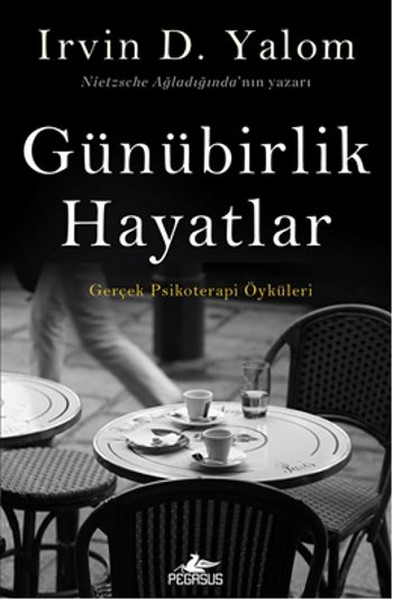
“I want to accustom myself to the knowledge that life is temporary. Then I want to learn how to live in the light of this knowledge…”
Irvin David Yalom is one of the most admired psychiatry and psychology writers of this age. Anyone who wants to read psychology books will definitely come across Yolam once. Yalom deals with the struggle of patients in his short stories in this book. In his stories, in which he reflects not only the struggles of the patients but also their own concussions, he proceeds through two problems. The first is “How can we live a more meaningful life and enjoy the days we live, even if our time is limited?” is the question. The second question is as follows: What does death mean?
The story of a woman who is in trouble with her anger, a man who can never be happy even if she is strong enough to have everything she wants in life, and a young psychologist who has just graduated, who are deep in thought about one’s life while trying to cope with her own pain, intertwine.
Yalom compiles these stories from his own sessions. Being able to accept life as a whole is perhaps one of the most difficult things to accept in life. This book will show some truths that we find difficult to accept with certain inquiries. Maybe it’s time to overcome some of the fears that we hide in our deepest and that we are afraid to come to light.
3) Body Records – Bessel Van Der Kolk
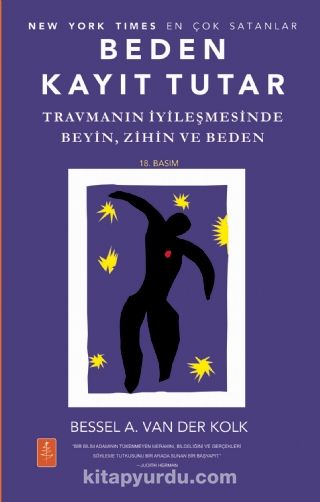
“The need for attachment never wanes. Many people cannot tolerate being away from others for long periods of time. People who are unable to communicate through work, friendship, or family find their own way of attachment through illness, lawsuits, or family quarrels. Even gloomy perceptions of apathy and alienation are found. preferable.”
Traumas are not always the result of major events. We experience dozens of small and big events in every area of our lives. Some of them we have to deal with alone. Sometimes this struggle leaves a huge impact on us without us noticing. An event you experienced as a young child can shape your whole life and shape your new relationships.
Every part of our body works in cooperation with each other. The interaction of our brain and body is amazing. Moreover, both of them are very successful in remembering. “The Body Keeps Records” is based on developments in neuroscience. It enables us to examine everything on solid foundations by getting to the root of our mental troubles and physical diseases. While reading, you should take care to listen to your own body and soul.
4) The Psychology of the Masses – Gustave Le Bon
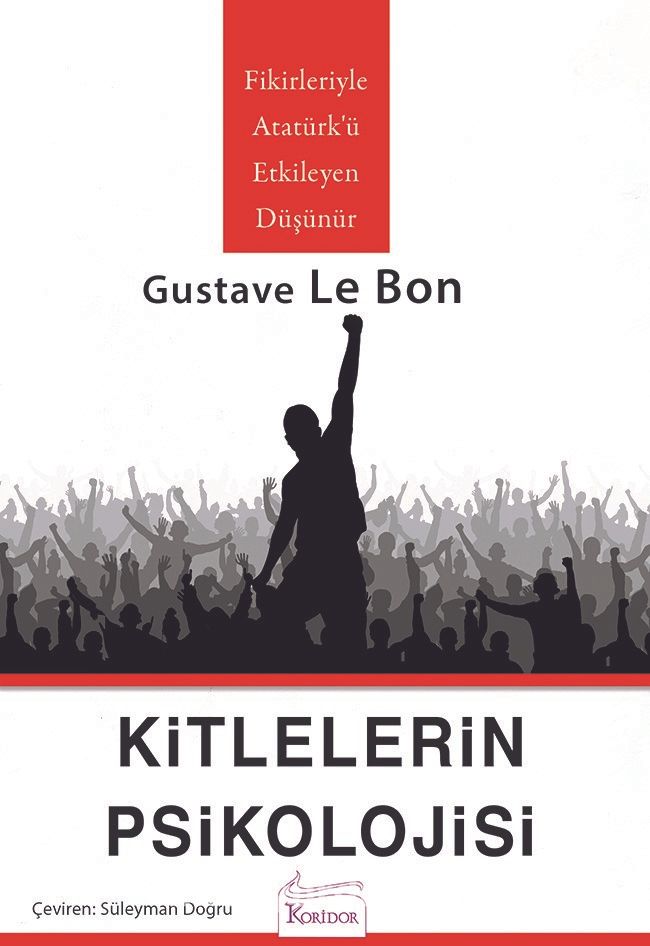
“The masses respect power. They seem rather indifferent to good, which they see as a form of weakness. The orientation and love of the masses has not always been towards good rulers and kings, but towards tyrants who have always suppressed them. The masses have always had their tallest and most spectacular statues.” planted for them.”
There are characteristic features that are passed from generation to generation through participation. These traits are based on genes. However, when people enter different communities, they may be affected by the characteristic features that prevail in the environment. These features that they are affected by are added to their existing characteristics.
For communities that can be manipulated , this influence can be quite detrimental. Individuals who distance themselves from their own self in the masses and move away from questioning can get lost in the thoughts around them. In addition, aggressive masses can pose a danger to the modern world in this context.
One of the building blocks of progress in a society is a good leader. There are characteristics and responsibilities that good leaders should have in general. A leader must be able to analyze the spirit of the masses correctly. If he can analyze correctly, he can drag communities after him. The Psychology of the Masses is one of the must-read psychology books.
5) On Sexuality – Sigmund Freud
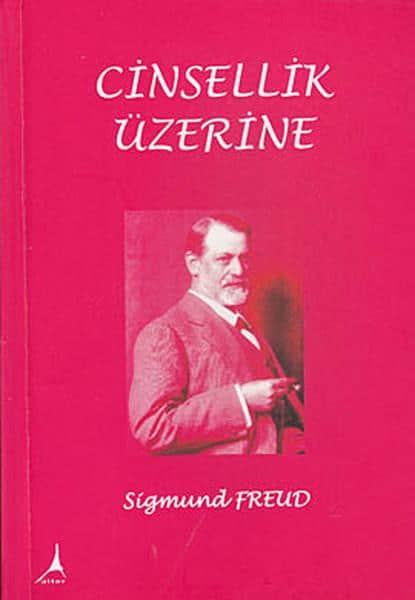
“The habit of hiding the body, which has developed with civilization, keeps the sexual curiosity awake and wants to complete the sexual object by revealing its hidden parts.”
“Sexual drive” is a term used to describe the sexual needs of humans and animals. Sex drive can also be used as a definition of hunger. Sigmund Freud begins to examine how sexual repression affects children. Including childhood traumas in his book, which is an indispensable part of the list of psychology books, Freud argues that suppressed sexual impulses turn into neurotic perversions in the following years.
6) Being Human – Engin Geçtan

“Individuals of a society that has adopted getting satisfaction from grief and sadness as a way of life for centuries and reflecting this on their folk songs, songs and literature may react with anger when the different expectations of the contemporary world force them to wake up and be active. Living in constant anger is also a kind of drug. It doesn’t get you anywhere. “
In ancient times, people had shorter and more superficial relationships with other people. An example of a hedgehog can be given. Hedgehogs that come across on a cold winter day snuggle up against each other first. However, when stung, their spines prick each other. They make a long effort to stand side by side without stinging their thorns. Eventually, they discover the shortest distance they can get close to stay warm before their spines sink into each other. In this way, they warm up together and survive the harsh cold. However, when the weather warms up, they separate from each other and continue on their way.
7) Man’s Search for Meaning – Viktor Emil Frankl

“Does all the death around us have any meaning? Because if not, there’s absolutely no point in surviving!”
Do you see your life as a prison? Successful psychiatrist Viktor Frankl describes a concentration camp with features you’ll more or less recognize as you read. Trying to help you discover the meaning of existence with this description, the author has a question for which he seeks an answer: What makes a human being?
You have to find out what life expects from you. After learning, you should show these expectations to the people around you that you will define as hopeless. Maybe what should be done is to live the moment that life offers you instead of questioning the meaning of life.
8) It Should Start With You – Mark Wolynn
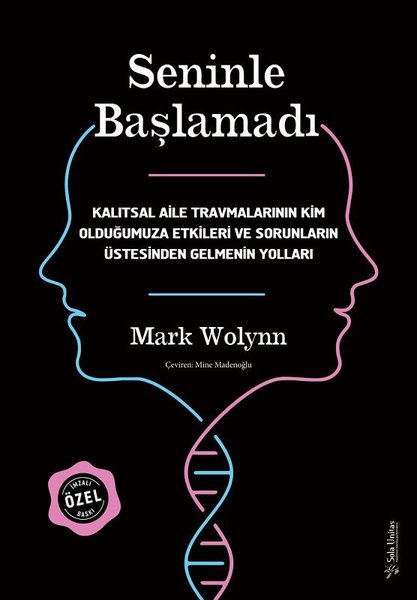
“Ignoring the pain actually deepens it. What is repressed often becomes more intense. Everything unsaid is passed on to the next. Nothing is lost. Pieces just change direction.”
Sometimes your story isn’t just your story. Your parents’ stories and their relationship with you will be reflected in your experiences. Traumas of your parents can be passed on from generation to generation. Instead of diminishing day by day, the pain in your participation system can accompany you in all areas of your life.
The person who had the trauma from your parents may have passed away. Those traumas may not be talked about anymore. However, those traumas continue by being transferred from the past to the present. Without realizing it, we either seek solutions or continue to perpetuate those traumas.
9) The Psychology of Being Human – Abraham Maslow
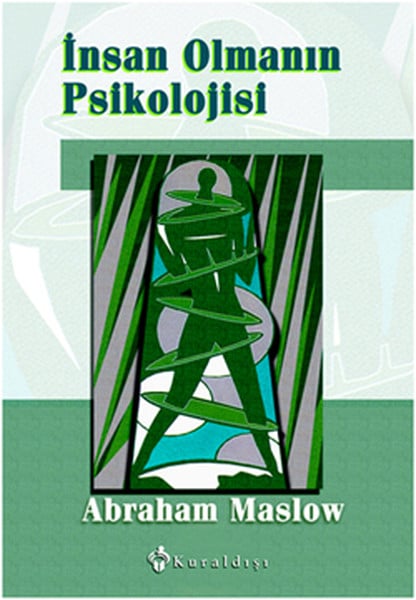
“Just as all trees need sun, water, and nutrients from the environment, all humans need the safety, love, and status they derive from their environment.”
Another indispensable book on our list of psychology books is The Psychology of Being Human. Described as the father of humanistic psychology, Abraham Maslow focuses on human shortcomings with a scientific perspective in his book The Psychology of Being Human. Sometimes it is more important to focus on shortcomings rather than strength and potential.
10) The Undiscovered Self – Carl Gustav Jung
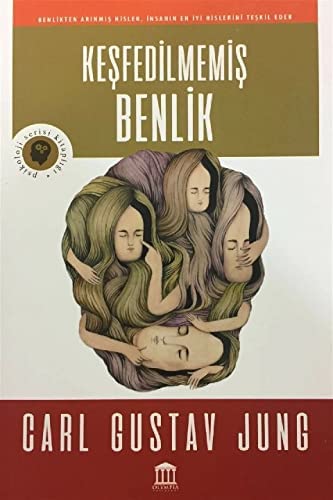
“Thinking is very difficult, which is why most people choose to judge.”
Today is over. Well, what will happen tomorrow, what will we live? This question is one of the most frequently asked questions since the existence of humanity. When something bad happens, people hold on to hope. Hope represents tomorrow. Every day a person lives, he lives with the hope that the future will be better and as he wishes. Gustav gives you the opportunity to question life with his magical narration.
11) The Origin of Love and Violence – Erich Fromm
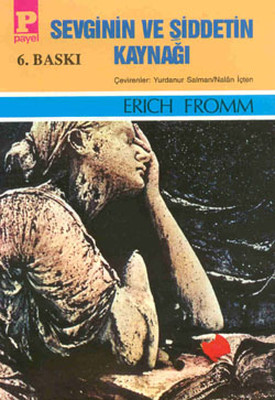
“The free man thinks less of death than anything else; his wisdom comes from his concentration on life, not death.”
Weak people are not concerned with creating a life. Violence destroys life. A weak person who has weapons, knives and similar tools can destroy the life in and around him. With this destruction, they try to take revenge on life on their own. So why do we oscillate between cultivating life and violently destroying life?
12) Overcoming the Fear of Death – Irvin D. Yalom
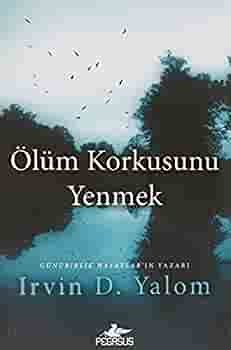
“And these dreams, scary, bloody, and cruel, sometimes make me turn a clean slate to the next day. They act as a kind of vent valve, coming like whirlpools that parade and clear dark memories.”
Yalom is a good psychiatrist. His medical school friend, Robert Berger, is a successful heart surgeon. For two friends who grew up in a completely different environment, the Holocaust is a common history. Although they avoid talking, years later it is time for both of them to face this past.
Berger escapes death with a false Christian identity in Hungary during the years of the Holocaust. However, he loses his closest relatives in the process. He experiences the pain of not being able to help the people he can help. It comes with it throughout the life they live. Although he seems to have overcome it, years later, the fearful moments in Venezuela make him face his past. Yalom is writing both his own story and that of Berger.
13) Self Psychoanalysis – Karen Horney
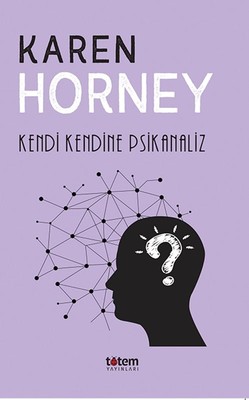
“If a man has shown enough courage to discover a truth about himself, he can be confident that his courage is strong enough to take him to the end.”
One can say that he knows everything. But when he knows and knows the things around him, does he really know himself? People generally keep themselves separate from the nature and other things around them and perceive it as such. Karen Horney tries to help the person to know himself/herself with contemporary psychoanalytic methods. If you want to know yourself, it is a book that is at the top of the psychology books that you should definitely read.
14) Man and his Behavior – Doğan Cüceloğlu
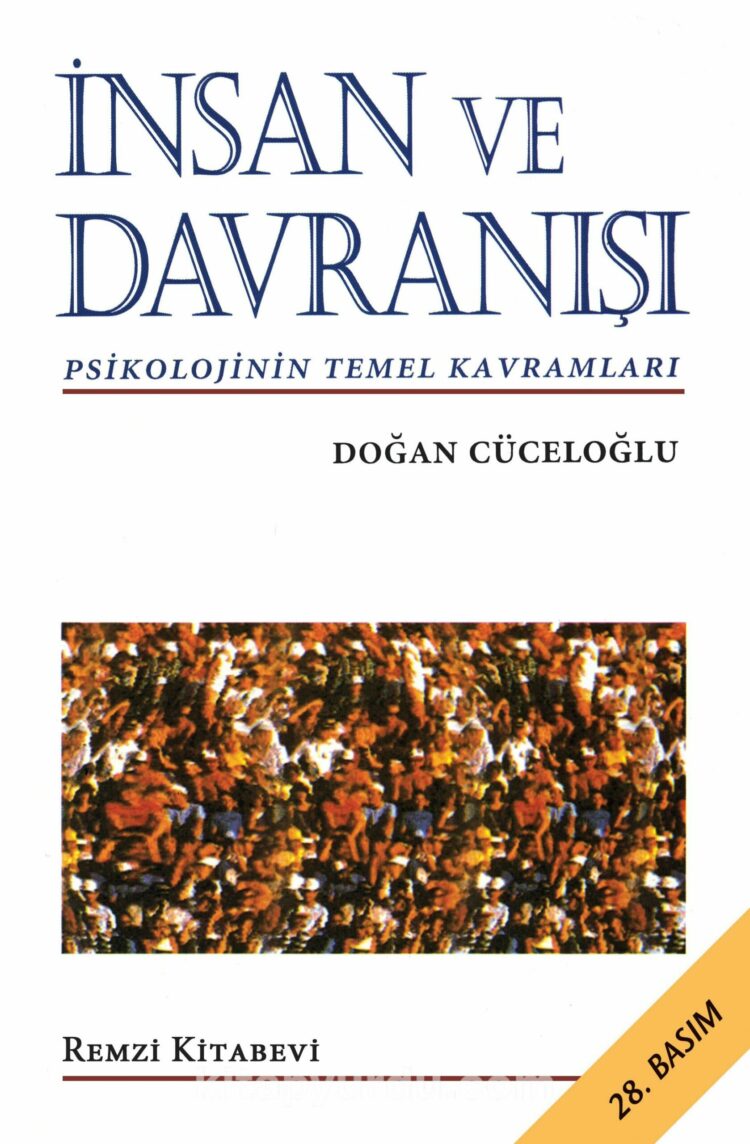
“Science, technology, art, religion, war, peace, production and consumption are all products of our brain’s functions. As the brain examines itself in the laboratory, it can also give the death order to the finger that pulls the trigger of the gun, by making a suicide decision that will destroy itself.”
In order to change a society or a person, it is necessary to know the person first. Turkish society comes together under very complex historical and cultural conditions. In addition to this complex historical condition, it is not very logical and healthy to understand Turkish society with the science of psychology developed in western culture.
Doğan Cüceloğlu begins to work by rolling up his sleeves in order to resolve this contradiction. The book, which consists of fifteen chapters, first describes the science of psychology. What is psychology really? It then continues with a chapter examining the effects of heredity and environmental factors on people’s behavior. Senses and perceptions are also highly influential on human behavior. Man and his Behavior is one of the must-read books among psychology books.
15) The Man Who Seeks Himself – Rollo May
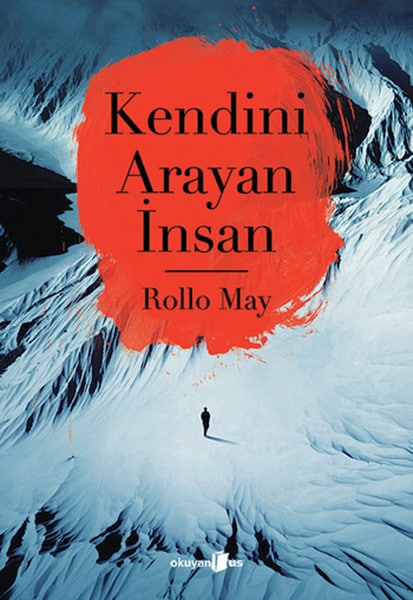
“Intense anxiety is the most painful feeling inherited by the human animal.”
Worry is one of the emotions that guide life. So how do we maintain our personal integrity in this age of anxiety? In the age we live in, we are faced with an intense lack of confidence. We need to remove some of this insecurity and reveal the power center within us. In these days when very few things are safe, we must analyze and hold on to the values and goals that we cannot hold onto.
16) The Art of Living – Alfred Adler

“The inferiority complex in a person often stems from the thought that that person has no special talents. It is assumed that some people are talented and some are not. Such a view is itself a symptom of an inferiority complex alone. According to individual psychology, anyone can achieve any kind of success.”
Alfred Adler , who has a very important place among the authors of psychology books, explains the basic principles of “individual psychology”, which he is the founder of, in this book. This work of Adler, who especially works on the concepts of life’s purpose, inferiority complex, superiority tendency and lack of common sense, received full marks from the readers.
17) Flow: The Science of Happiness – Mihaly Csikszentmihalyi
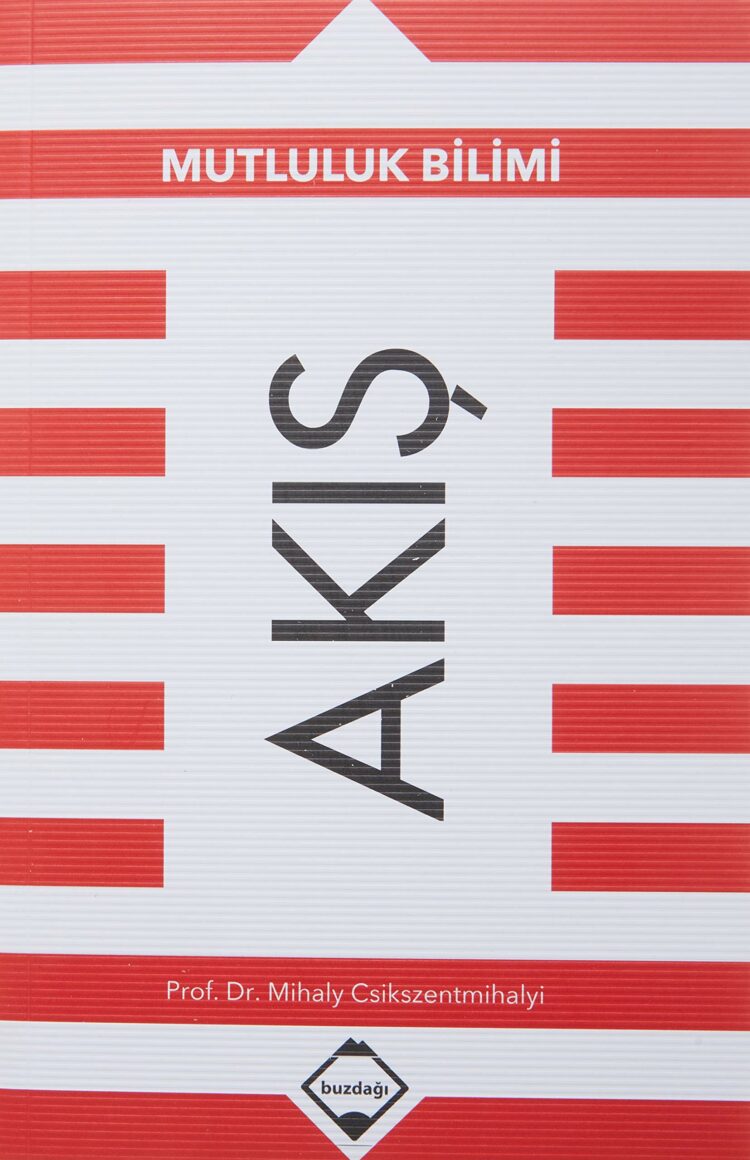
“Of course, if a person chooses a ridiculous goal, success does not bring him pleasure. If I set survival as my goal while sitting on the living room sofa, I can sit for days knowing that I have achieved my goal, just like a rock climber. But knowing that I achieved it does not make me happy, while knowing that the climber has achieved his goal makes his dangerous climb.” brings joy.”
Can happiness be formulated? We can say that a person with an average income has the same comfort as those who were defined as the wealthy of their age a few hundred years ago. The technology and possibilities we have are increasing day by day. So, as these opportunities increase, does happiness increase at the same rate?
It is supported by many scientific studies that money does not make people happy. So what makes people happy? According to flow theory, what one needs to do to be happy is clear: conscious dedication. An uncontrolled pursuit of pleasure will not lead you to happiness. On the contrary, it brings with it more tension. However, the person who dedicates himself to his experiences and takes control of himself in the flow of life is closer to happiness.
18) The Secret Notebook of a Psychiatrist – Gary Small
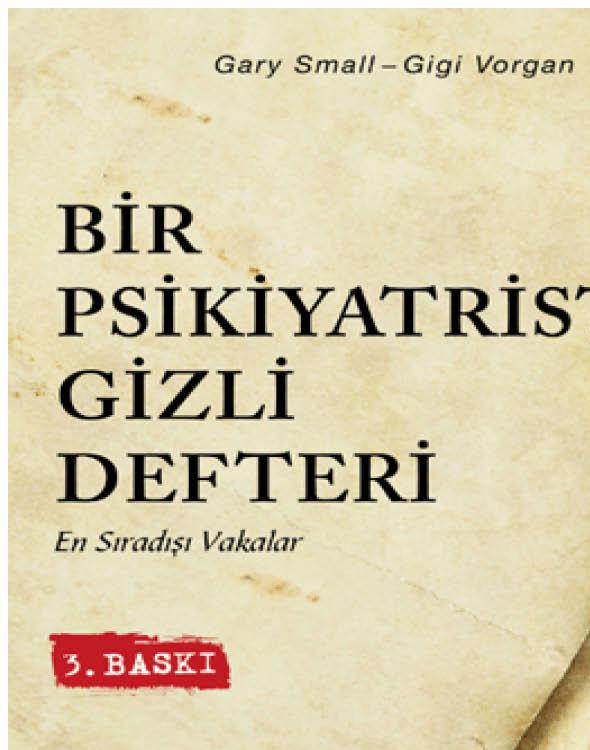
“Sometimes we do things that we think are accidents, but they serve a purpose.”
Another book on our list of psychology books is A Psychiatrist’s Secret Notebook. In the book, the psychiatrist and the patient change places. This time, the psychiatrist sits in the narrator’s chair and begins to describe the strange cases he encounters. Stories set in the golf courses of Los Angeles and the crowded corridors of the hospital in Boston await you.
19) The Courage to Create – Rollo May
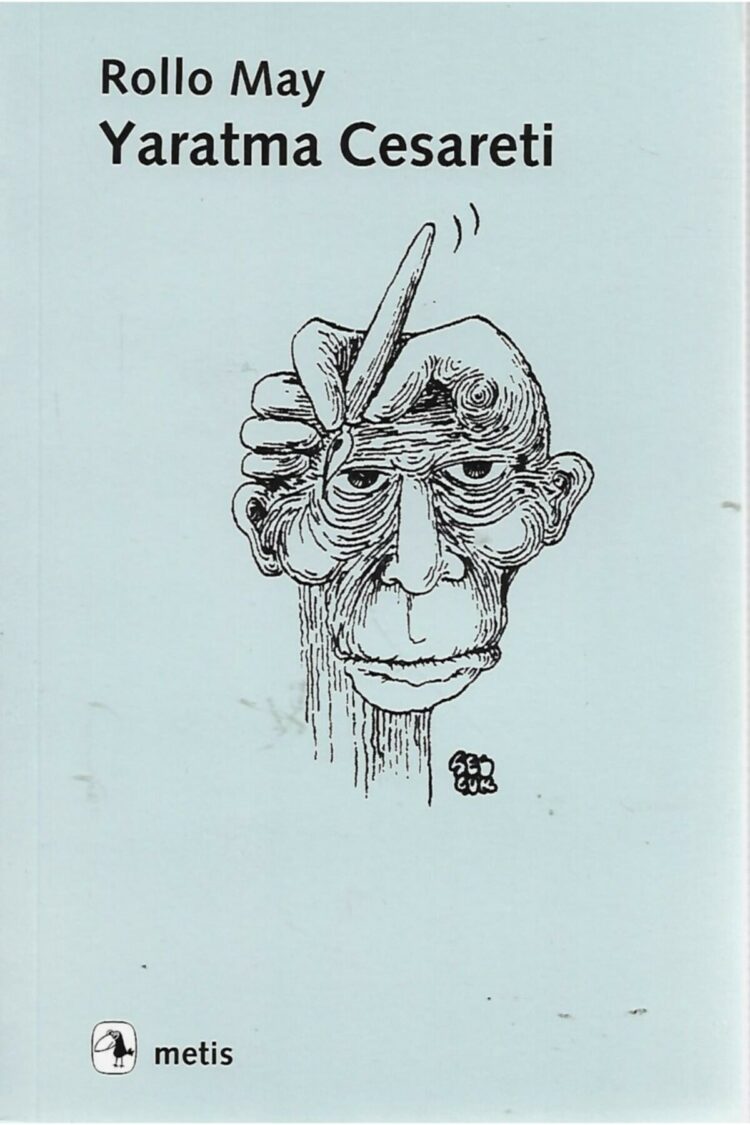
“Courage is rather the ability to move forward despite despair.”
Courage to Create, one of the first books that come to mind when talking about psychology, is one of Rollo May’s masterpieces. May tries to focus especially on the feeling of anxiety in the book. Sometimes living by believing in unconscious sources provides an opportunity to overcome anxiety and be creative.
20) Listen Little Man – Wilhelm Reich
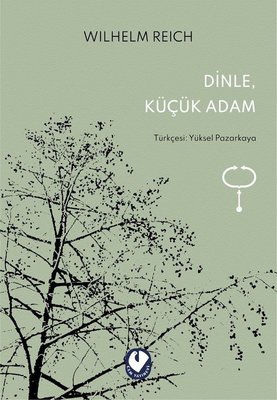
“I know, little man, whenever you hear a truth that doesn’t suit you, you immediately brand it crazy. In return, you consider yourself “homo normalis,” a normal person.”
Born in 1897, Wilhelm became an expert at the Society for Sexual Counseling and Sexual Research in Vienna in 1928. He immigrated to America after years spent studying different fronts in the turbulent political process of the period. Here he discovers cosmic energy and continues to work on it as long as he can.
Besides his scientific writings, Wilhelm also writes humane writings. At the head of them is Listen Little Man. Emphasizing the importance of people becoming aware of their own real experiences, Wilhelm’s aim is to help people. People should become aware of their own needs as soon as possible and relieve their suffering.
21) The Drama of the Gifted Child – Alice Miller
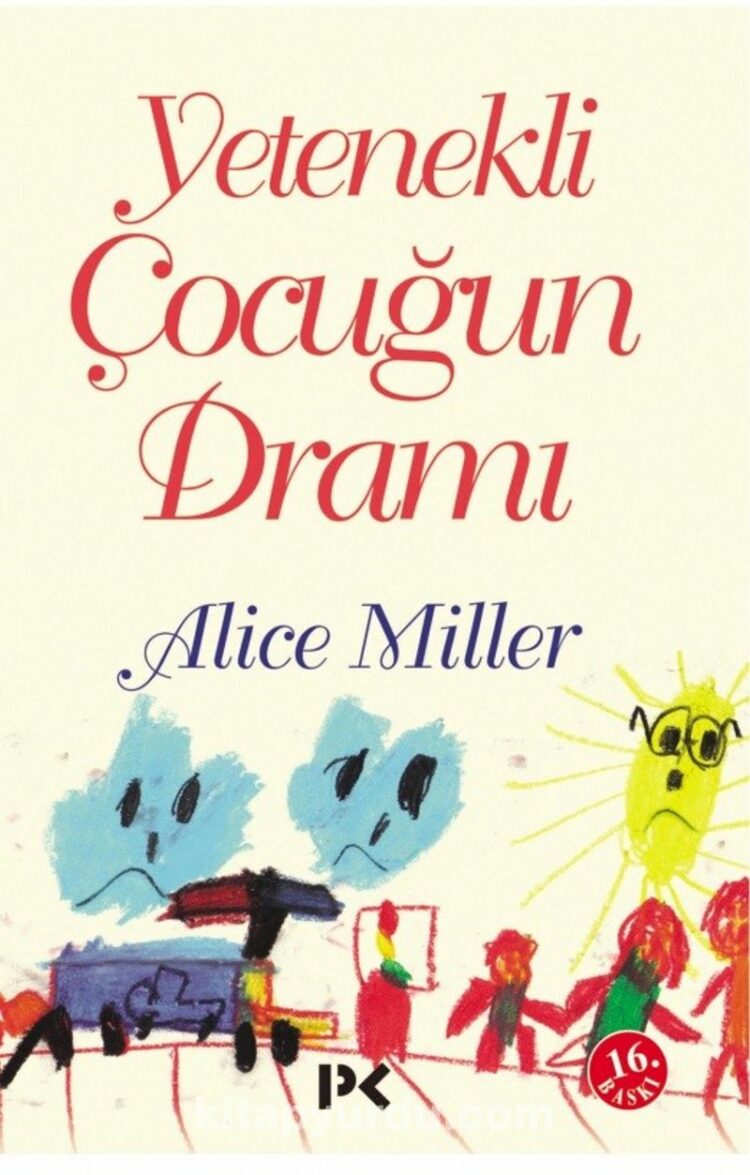
“Every person has a back room that he or she keeps more or less concealed from within, in which there are accessories from childhood drama.”
What do you remember about your childhood? Sometimes there are moments when an event we experienced as a child ties our hands and prevents us from making decisions. Emotionally it leads to a dead end. In order to protect our mental health, we should be able to comprehend our childhood process with every moment and emotional transitions. It’s time to take those traumas that we didn’t realize from the dusty shelves and read them.
22) Rediscover Life – Janet S. Klosko and Jeffrey E. Young
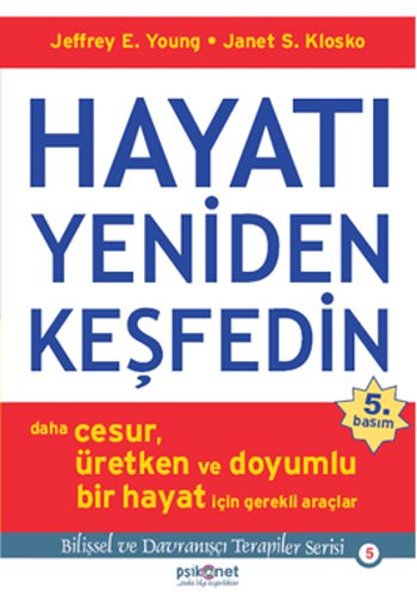
“Even when I’m in a crowd, it’s like I’m alone. In fact, I feel most alone when I’m in a crowd.”
Is the life you live enough to satisfy you? Relationships, workplaces with constant worry, friendships where you think you are not understood enough… Isn’t it time to put your life in order? First “No!” You must learn to say Let go of the undermining in the relationships you are in. You must use the time you have to the fullest to pursue your joy of life.
23) Subconscious – Sigmund Freud
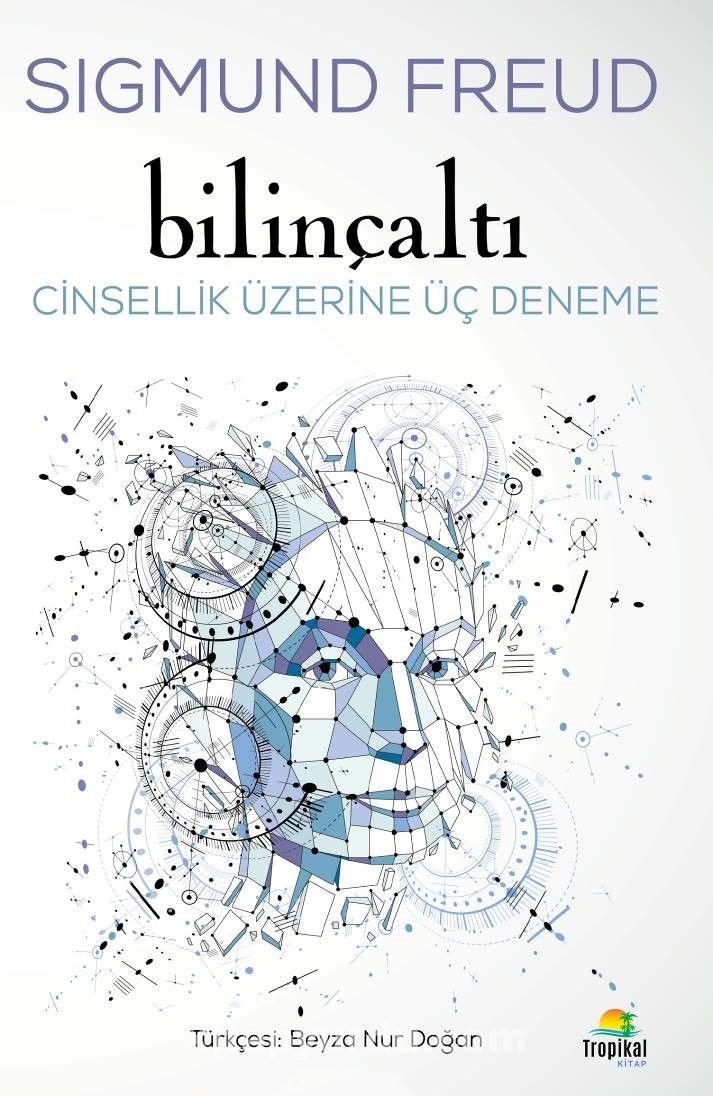
“Most people don’t really want freedom, because freedom entails responsibility, and most people fear it.”
Sigmund Freud, one of the most successful authors of psychology books, writes down the work he has done with his patients and the results of his work in this book. What is the subconscious? Freud first explains what the unconscious is. It not only explains what it is, but also explains the conclusions it has reached on how the subconscious mind can treat psychological illnesses.
24) My Mother and the Meaning of Life – Irvin D. Yalom
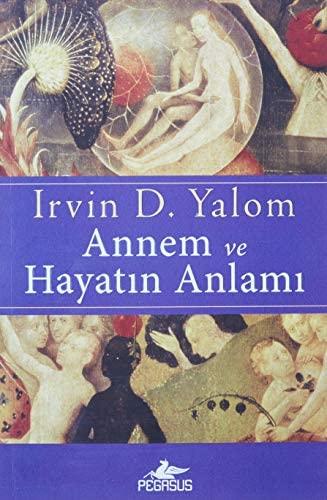
“I found a way to never get hurt again. If I didn’t let anyone be important to me, I would never suffer such a loss again.”
Are you aware of how strongly human relationships have an impact on people’s lives? While the beginning and progress of relationships create completely different effects, thinking about the end sometimes leads to a feeling of great fear. Especially the idea of death is one of the things that many people fear the most. Could this fear be due to the deficiencies we experience in our relationships?
25) The Psychology of Errors – Carol Tavris and Elliot Aronson
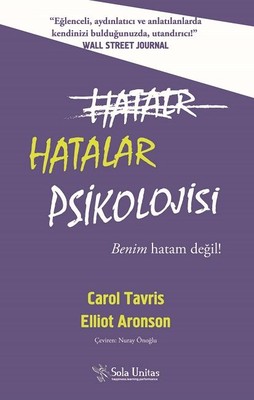
“Blaming their parents is a very popular and useful method that everyone uses to justify themselves. Because it allows people to live with their faults and regrets in a less uncomfortable way.”
Human life is built on mistakes. These mistakes sometimes lead to good results, sometimes they cause you to enter irreversible paths. It is always more difficult for people to admit their mistakes when mistakes are made with bad consequences. However, accepting mistakes and learning lessons is the first step to correct the results.
If you are interested in psychology, you should also check out these movies 🙂
Etkisinden Uzun Süre Çıkamayacağınız En İyi Psikolojik Filmler


